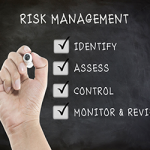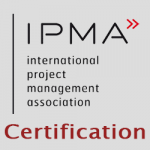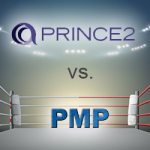
Risk is defined as an uncertain event or condition that, if it occurs, has a positive or negative effect on a project's objectives. Simply put, it is the possibility of losing something of value. Projects have objectives, that is, a product or service that it needs to be produced, or a stakeholder it needs to satisfy. Risks events are those events that could … [Read more...]













